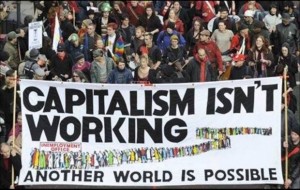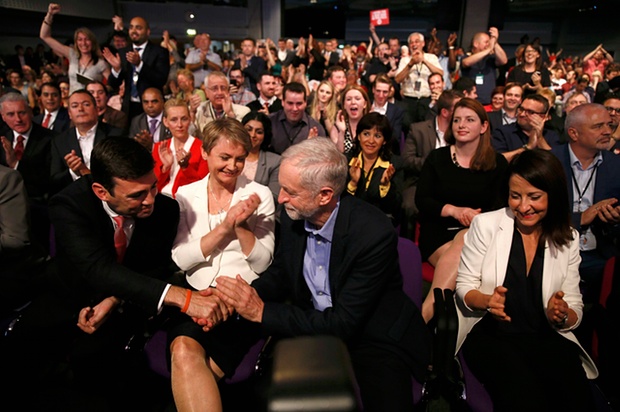Poverty Has Always Accompanied Capitalism
By Mark Karlin for Truthout. What economic theory Americans learn comes mostly - directly or indirectly - from college and university teachers: their classes, the textbooks they write, the journalists and politicians shaped by them, etc. The substance of the mainstream economics delivered in these ways is this: economics is a basic science that explains how the economy works. By "the economy" is meant modern capitalism as if (1) nothing else, no other system, was of interest today (other than for historians) and (2) no alternative ways of theorizing, thinking about economies, exist or are worth considering. Indeed, most mainstream textbooks have the word "economics" in their title as if no differentiating adjective (such as neoclassical or Marxist etc.) needs to be added to let readers know which among alternative theories was being used by the author.















